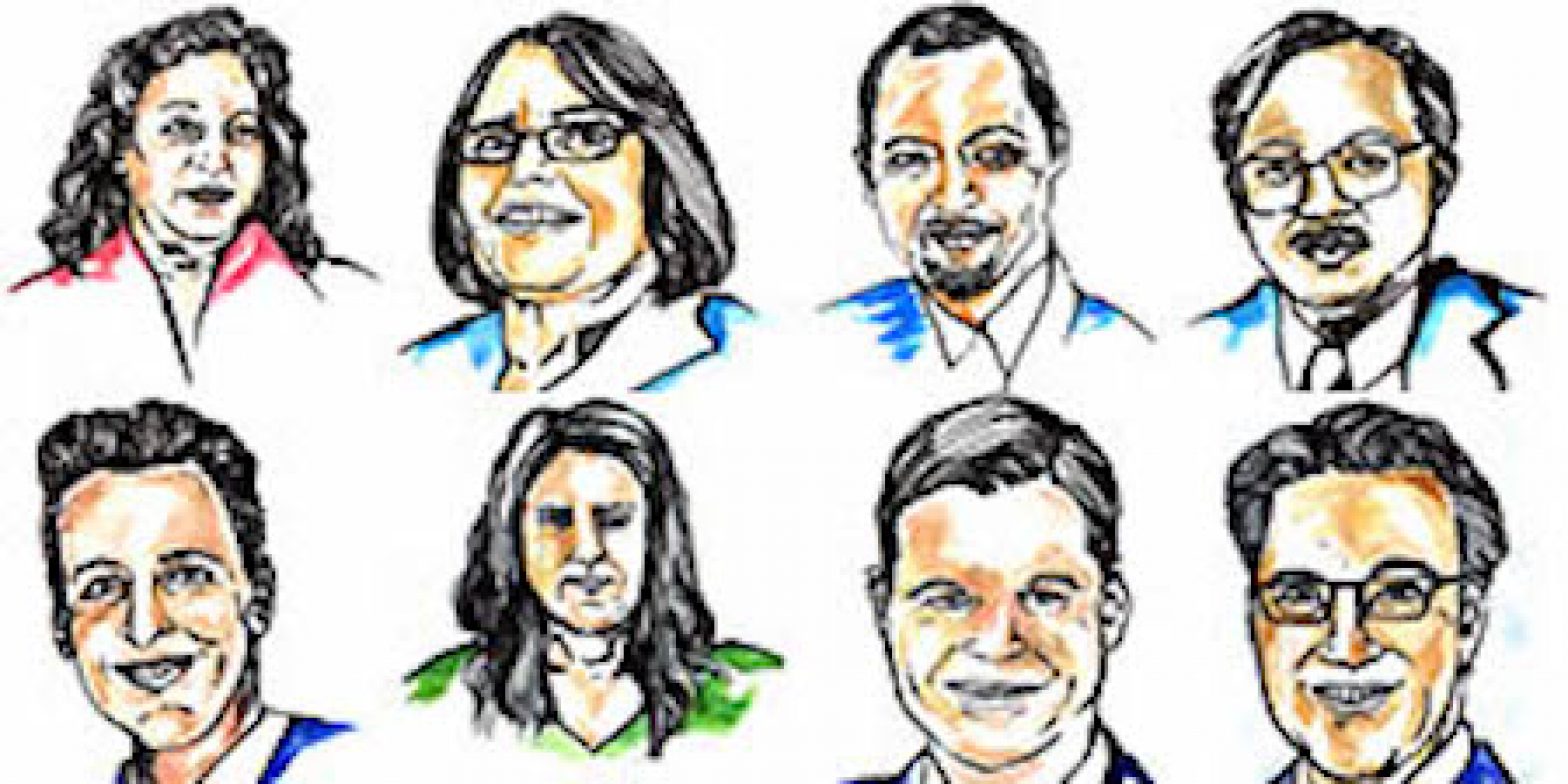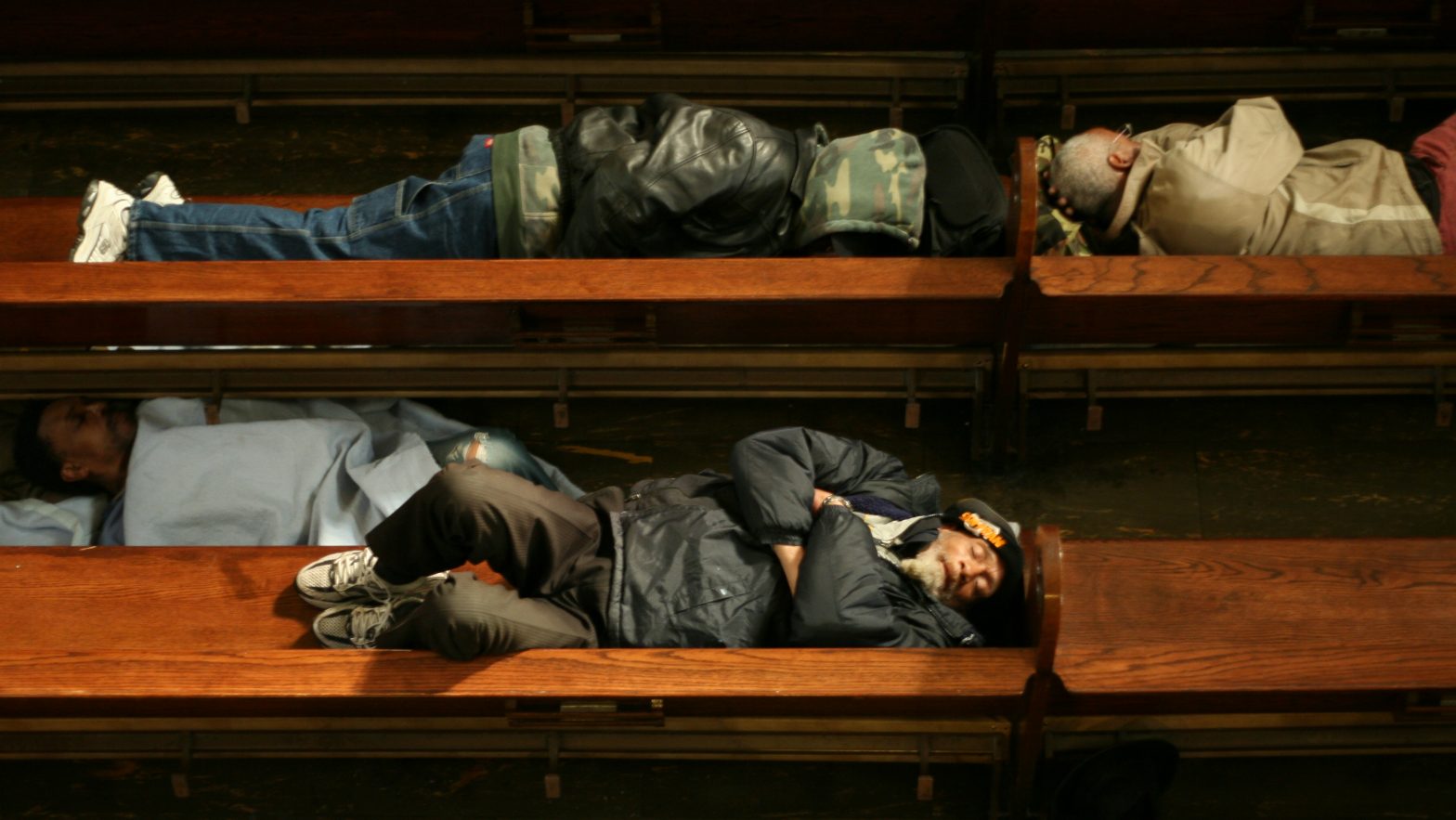News
With ‘Die-In,’ UCSF Medical Students Urge Doctors to Fight Racism
By Jeremy Raff, KQED News Fix
The din of excited chatter grew as the crush of UC San Francisco medical students put on their white coats and distributed picket signs saying “black lives matter” Wednesday, instructing one another to tag their tweets and Instagram photos #WhiteCoats4BlackLives. But at 10 minutes past noon, when the group lay down in unison in front of the medical school’s library on Parnassus Avenue, it was eerily silent. Many students closed their eyes. Some held hands. Passers-by stopped to watch, and police officers lingered in the background.








